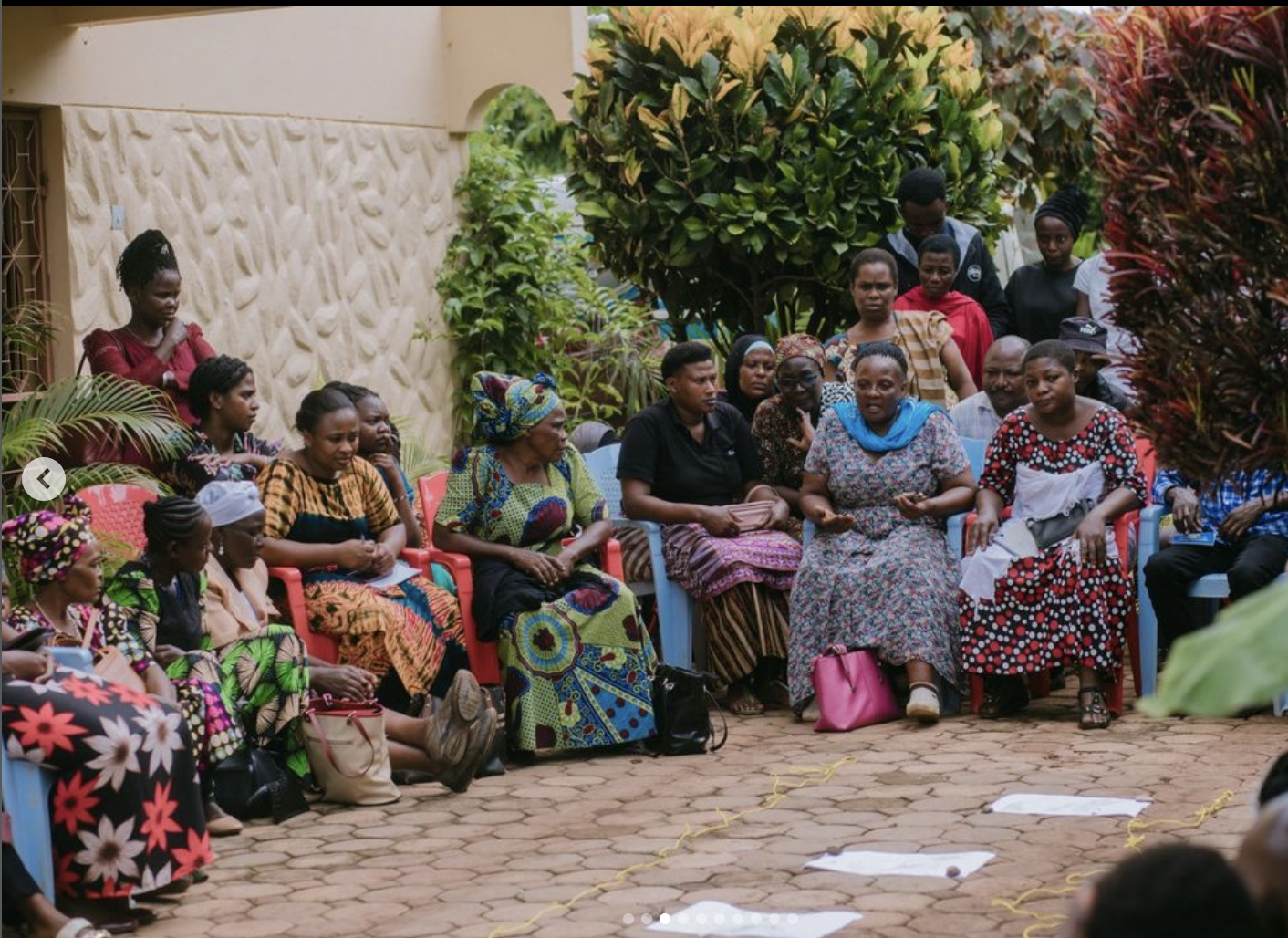Kilimokwanza.org
Tanzania is addressing one of its most critical challenges—food loss and waste—through the “Tuhifadhi Chakula” (“Let’s Save Food”) initiative. Announced on August 8, 2023, this ambitious five-year project is supported by a $24 million investment from the United States Agency for International Development (USAID) and is implemented in partnership with the Tanzania Horticultural Association (TAHA) and the Southern Agricultural Growth Corridor of Tanzania (SAGCOT) Center. The initiative aims to transform the agricultural landscape by improving food security, livelihoods, employment, and export opportunities, especially for women and youth.
The initiative specifically addresses food loss and waste, major barriers to food security and environmental sustainability, by targeting inefficiencies in horticultural and cereal value chains leading to significant post-harvest losses. It spans five production regions—Mbeya, Njombe, Morogoro, Tanga, and Pwani—and five Market Sheds—Dar-es-Salaam, Dodoma, Arusha, Kilimanjaro, and Zanzibar. Efforts include enhancing food handling, storage, and value-addition practices.
Recently, TAHA conducted training for approximately 200 farmers in Kilimanjaro, in collaboration with the region’s Community Development Officer and the Commerce Officer. The training focused on gender issues, equality, and the involvement of youth and women in reducing post-harvest losses. Additionally, it offered lessons in business education and entrepreneurship, crucial for integrating women and youth into profitable agribusiness ventures.
“Tuhifadhi Chakula” is not just a project but a comprehensive strategy aimed at improving market access, optimizing production, and contributing significantly to mitigating greenhouse gas emissions. It promotes the use of climate-smart technologies, quality inputs, and attracts private sector investments, expanding the market base for agricultural products. Furthermore, the initiative seeks to reduce post-harvest losses significantly—targeting a reduction from 30-40% to 15% for horticultural crops and from 13% to 7% for cereals.
As this project unfolds, it is set to revolutionize Tanzania’s agricultural sector by empowering over 370,000 youths and 279,000 women, enabling them to engage more fully in agriculture from production to value addition. The initiative’s focus on collaborative approaches and partnerships exemplifies the power of collective action in tackling global challenges like food security and climate change. The involvement of SAGCOT enhances this effort, bringing together a broad network of partners to stimulate agricultural growth in Tanzania’s southern corridor.
